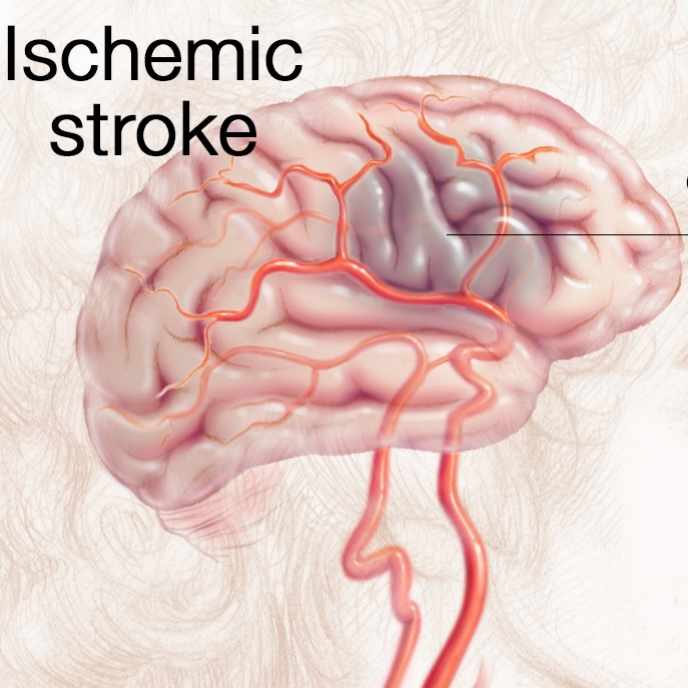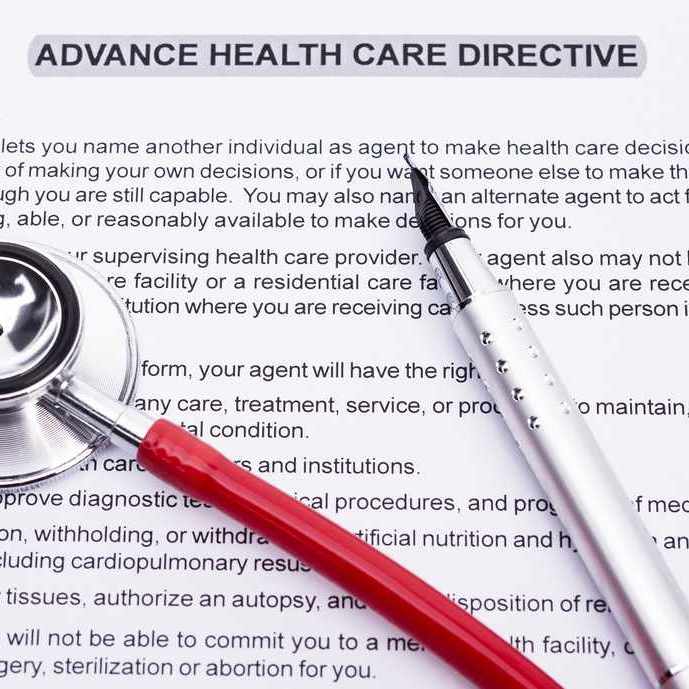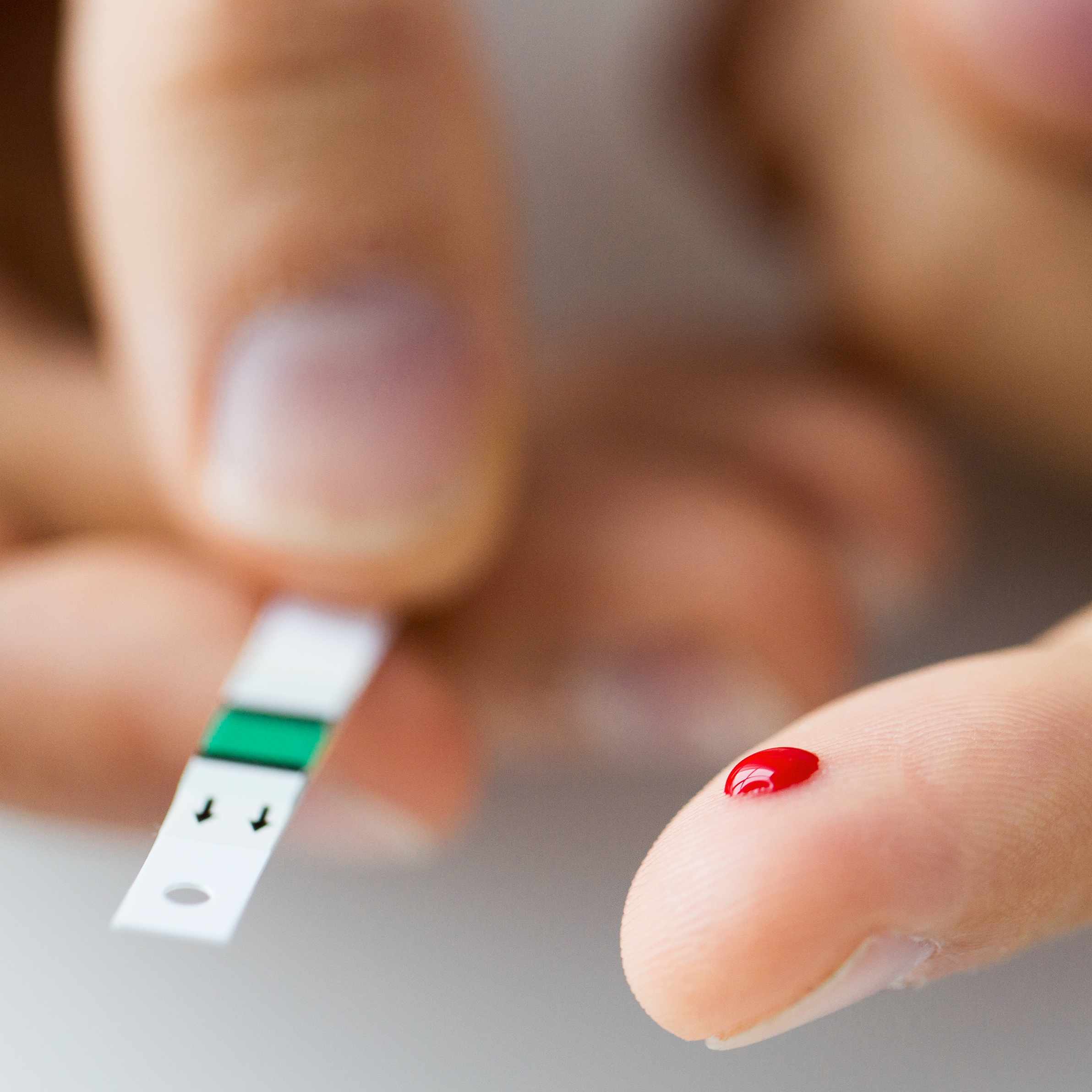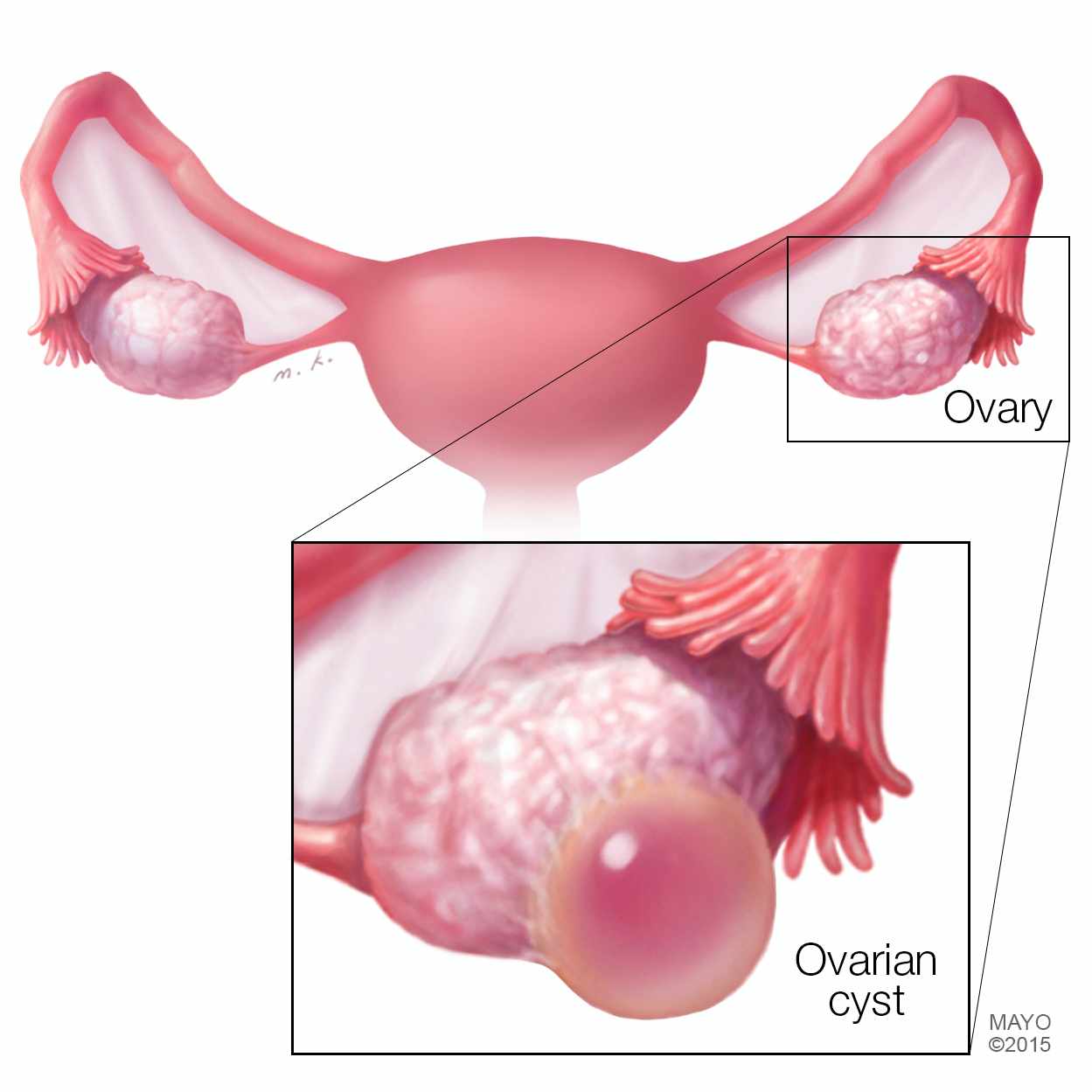Mayo Clinic Q & A

October 31, 2023
DEAR MAYO CLINIC: My sister was just diagnosed with breast cancer and will have a double mastectomy. What types of reconstruction could she have, and[...]

March 12, 2016

February 27, 2016

February 16, 2016
Explore more topics
 Sign up
Sign up

Mayo Clinic Connect
An online patient support community









